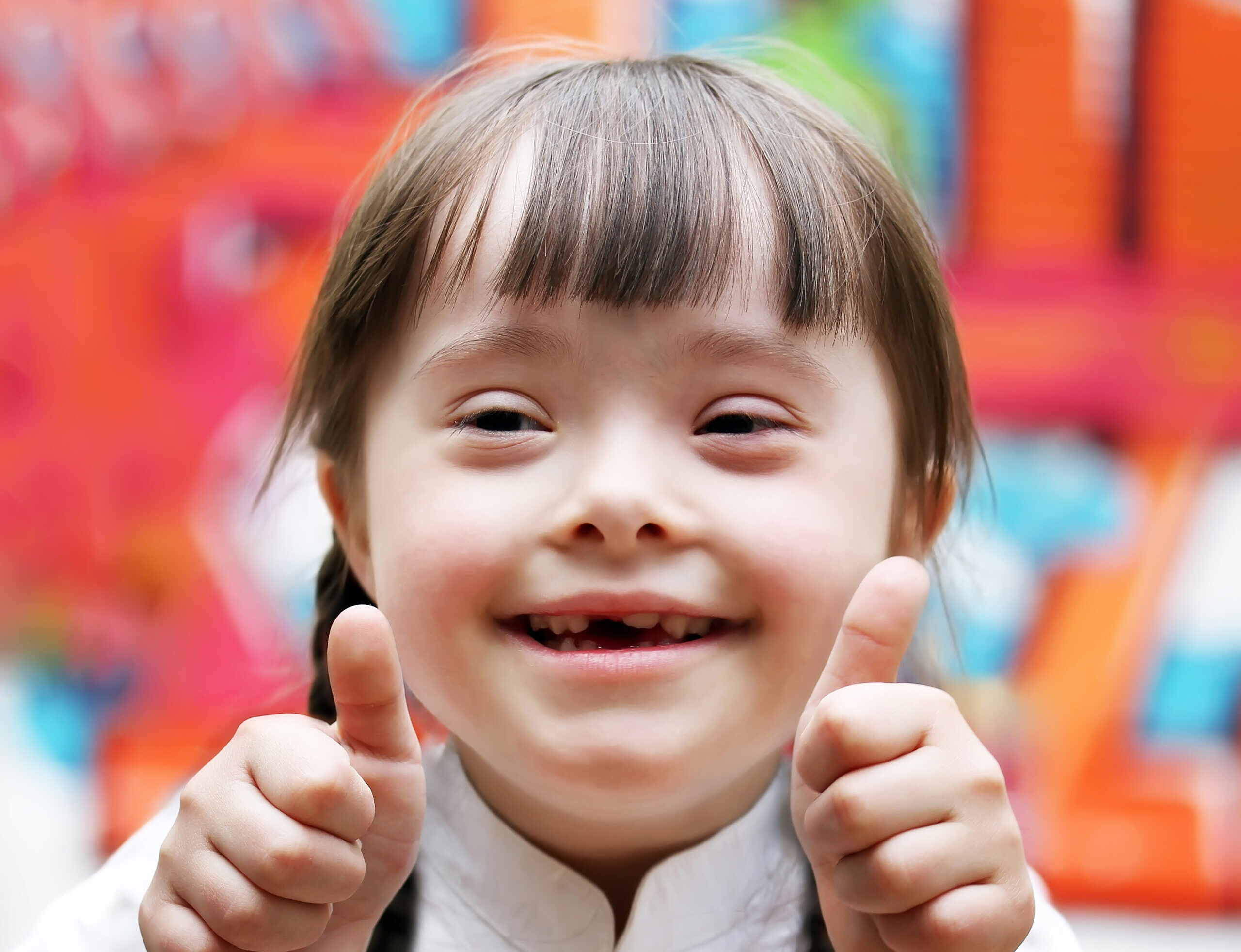
AdobeStock by denys_kuvaiev
The date was picked as down syndrome is commonly caused by “trisomy 21”, aka having three copies of chromosome 21. Around 1 in 800 babies are born with down syndrome. In New Zealand, that means roughly one baby born a week will have down syndrome.
Read the Term 1 edition of School News HERE.
Down syndrome is associated with a varying range of mild to moderate intellectual and physical disabilities. In the past, misconceptions led to limited pathways for individuals with down syndrome. Now, it’s understood that people with down syndrome are just as able to achieve as their peers, albeit with a little extra support.
So how should individuals with down syndrome be supported in the classroom? Well, every student with down syndrome will differ. All children have unique learning support needs, including those with down syndrome, as the condition will vary in presentation with every individual. However, people with down syndrome can present similar learning needs associated with the slower-than-typical development which is characteristic of the condition. Both the New Zealand down syndrome association (NZDSA) and the Ministry of Education website have some helpful resources on supporting ākonga with down syndrome.
The NZDSA recommends that educators think ahead on which skills are important to teach a specific individual with down syndrome: “What skills will be useful in everyday life for the person you are working with?” the site asks. The association also recommends having a focus on motor skills, as people with down syndrome have low muscle tone as a function of their condition. That means students with down syndrome may require supportive furniture, easy grip pens or other learning equipment that supports an individual with down syndrome to focus on the skills being taught.
People with down syndrome can find speaking difficult; however, they have excellent comprehension. Importantly, difficulty with speech is not indicative of understanding, so educators should use other methods of monitoring knowledge in ākonga with down syndrome. Individuals with down syndrome might also find listening difficult, so activities and tasks should be altered to reflect and support their needs. NZDSA suggests using visual aids and sign language if possible. The association also suggests playing to the strengths of the individual – those with down syndrome often have fantastic social skills, and learn well when partnered with others. It’s important to recognise that social skills can be just as important for everyday life as other subjects taught in a classroom.
The Ministry of Education emphasises a close working relationship with the student and their whānau, asking them first what they need to succeed. The website also lists resources that may help create an inclusive education environment. These strategies often support the learning needs of other students, too.
Other resources include a booklet for educators, exploring how an individual with down syndrome may learn and process information the best, and gives strategies for effective pedagogy.
The much-delayed English draft curriculum is now out for consultation, generating discussion from teachers.
Research from AUT demonstrates arts, culture and recreation have positive impacts on all aspects of…
How effective has the school phone ban been in achieving its aims? Researchers from the…
School camps and excursions deliver hands on learning experiences, helping to consolidate classroom learning.
Innovations in AV technologies present new opportunities to engage with students. We look at how…
A new report from the University of Auckland’s Our Voices Project asks young people what…
This website uses cookies.